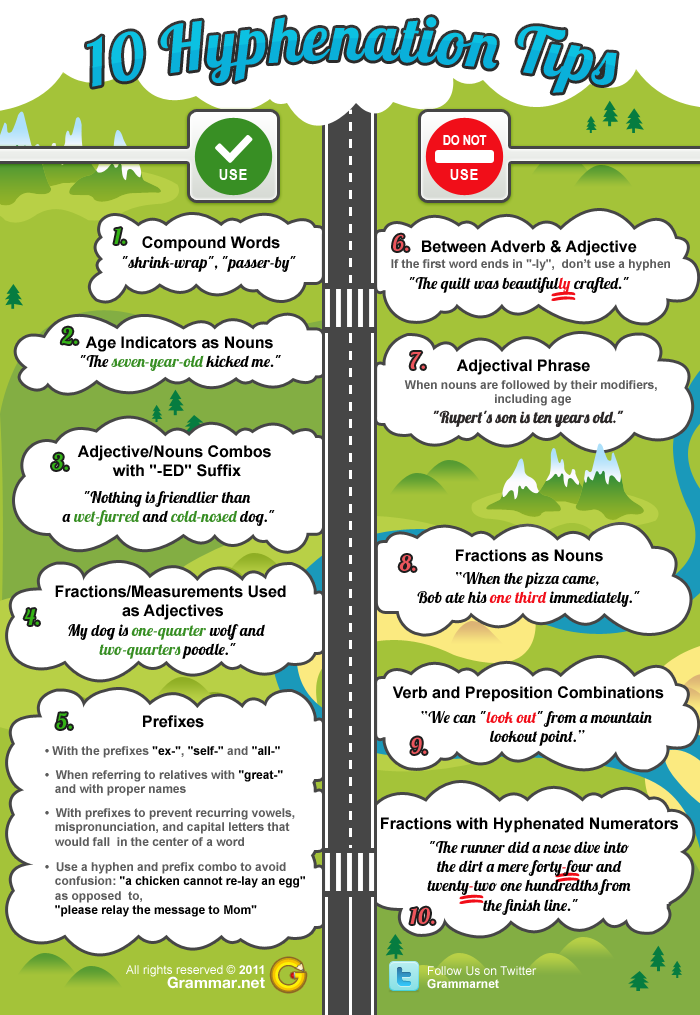Back in January, I posted about a linguistic phenomenon that I observed and was unable to label. The original post titled "Contraction Retraction - A Phono-Morpho-Syntactic Phenomenon" can be found
here.
Following are some relevant excerpts from the post:
What happens when a person starts to utter a contraction and then for some unknown reason decides to utter the two word phrase instead of the contraction?
If I start to say "don't" and change midway to "do not" what comes out of my mouth sounds an awful lot like "dough not".
Transcribed phonetically below.
don't = /dont/
do not = /du nat/
dough not = /do nat/
I decided to update the post because of a recently received reader comment:It's called allomorphy (according to my linguistics professor). And it's not limited to contractions. It happens with a lot of words. What you're witnessing is the minor change in a word [do] as its instance is changed from "don't" to "do not".
Think about "photograph" versus "photography". [fo-tow-graph] versus [fo-tau-graf-ie]. The morpheme "photograph" has the same meaning, even in "photography", but because the pronunciation is different, it is a separate allomorph.
Here is my response:
Not to argue with your professor (and I am certainly no expert), but during my MA program in linguistics I never heard an analysis of contractions that presented the phonetic changes as allomorphy.
SIL International’s Glossary of Linguistic Terms defines an allomorph as one of two or more complementary morphs which manifest a morpheme in its different phonological or morphological environments.
With allomorphy, I have always understood the phonological and morphological environments to be limited to the words in which they appear.
To me, the phrase “do not” contains two separate free lexical morphemes and when they are contracted it is like combining the two lexical morphemes into one phonetic form.
Based on the broad phonetic transcriptions I presented, I would say there is deletion and assimilation through contraction but not a different form of one morpheme that would be considered allomorphy.
The most common type of allomorphy in English involves plural and past tense suffixes, for example; the past tense “–ed” suffix can be phonetically realized as /t/, /d/ or / əd/.
The example you have given comparing “photograph” /fotogræf/ to “photography” /fotɑgrɑfi/ is an example of root allomorphy (or stem allomorphy, depending on whom you ask) that is similar to “hymn” /him/ versus “hymnal” /himnəl/.
Regardless of whether or not the act of contracting is considered a form of allomorphy, I would still regard the phenomenon I have described as a different matter. As a matter of fact, upon further thought, I believe it involves more than just phonetics, phonology, morphology, and syntax; it also involves psycholinguistics. The phenomenon involves the process the brain is undergoing as it chooses initially to verbalize the contraction but switches midstream to an altered, un-contracted form of the initial phrase.
I now welcome more input and data from anyone who has experienced or witnessed this "contraction retraction" or has other thoughts about the processes involved.




 I have been meaning to share this entertaining post from Sentence first titled "comic book grammar"...so here is the link. It talks about typographical patterns as standardized forms that represent moods, sounds, punctuation and the like in comic strips.
I have been meaning to share this entertaining post from Sentence first titled "comic book grammar"...so here is the link. It talks about typographical patterns as standardized forms that represent moods, sounds, punctuation and the like in comic strips. “OK, so it’s actually not quite accurate since the T-H is voiced in “than” but not in “thank,” but close enough.”
“OK, so it’s actually not quite accurate since the T-H is voiced in “than” but not in “thank,” but close enough.” adhortative = exhortative
adhortative = exhortative

 "Australian scientists have invented a new breed of robots called Lingodroids, programmed to make, use, and share language."
"Australian scientists have invented a new breed of robots called Lingodroids, programmed to make, use, and share language."